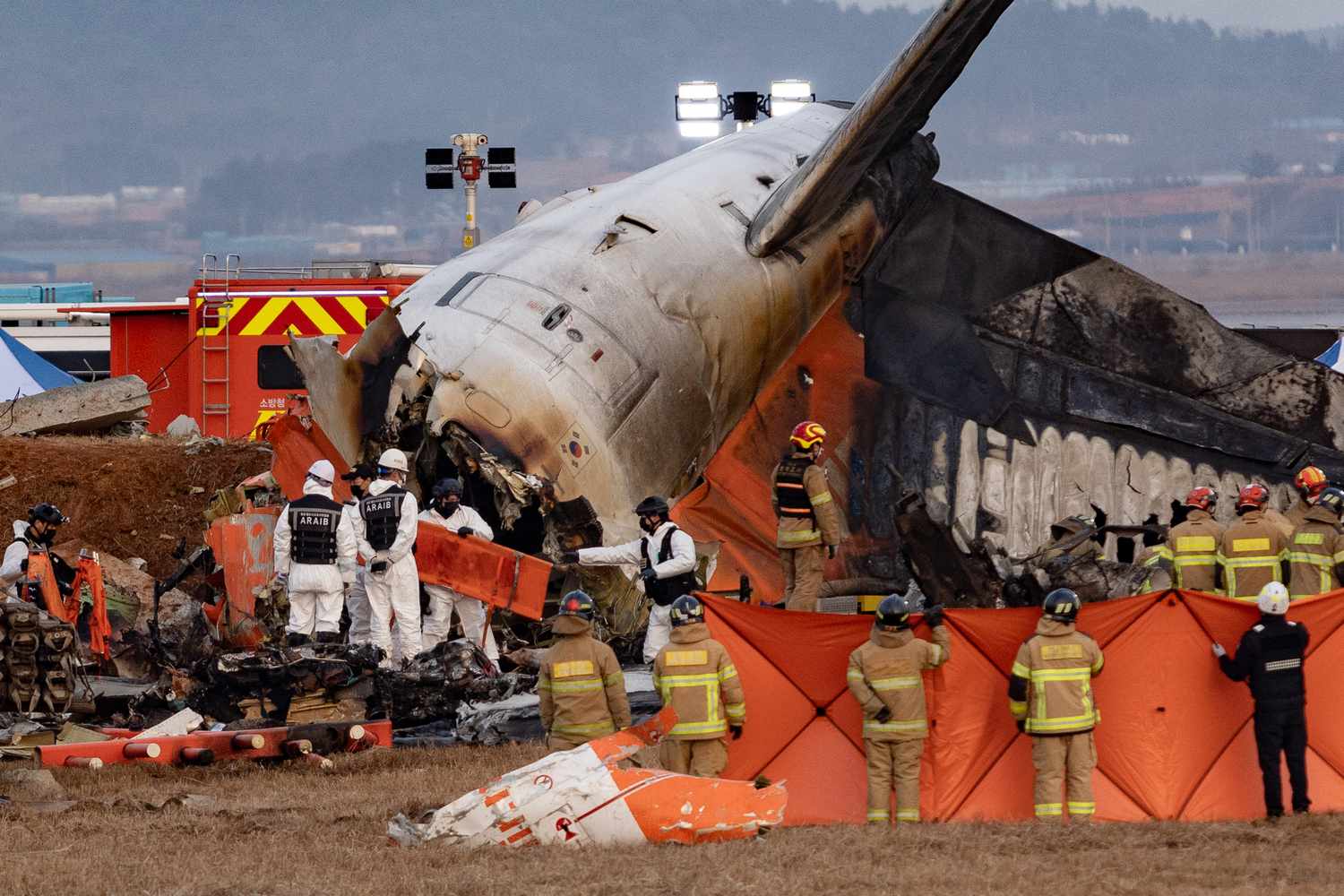Jeju Air Crash Pilots shut down Wrong Engine
Welcome to " My Flight Experiences "
Choose the language above.
On December 29, 2024, a Jeju Air Boeing 737-800 crashed at Muan Airport, South Korea, killing 179 of 181 passengers and crew, marking the nation's deadliest air disaster. Investigators found that pilots mistakenly shut down the less-damaged left engine after a bird strike, according to a source close to the probe.
Data from the cockpit voice recorder, flight computer, and a physical engine switch confirmed the left engine was deactivated, despite the right engine sustaining greater damage from the bird strike. No mechanical defects were found in either engine before the incident. The Aviation and Railway Accident Investigation Board (ARAIB) has not yet issued an official report but has briefed victims' families, confirming the right engine's severe damage and the pilots' likely misidentification of the failing engine during emergency procedures.
Jeju Air is cooperating fully with the investigation, and a final report is expected within a year, adhering to international aviation protocols. The crash raises critical concerns about pilot responses to in-flight emergencies and the role of human error in aviation accidents. It underscores the need for enhanced training and procedures to prevent such errors under high-pressure situations.The tragedy has prompted scrutiny of aviation safety protocols, particularly how pilots handle sudden crises like bird strikes.
As the investigation continues, stakeholders await the ARAIB's comprehensive findings to better understand the sequence of events and prevent future incidents. The disaster serves as a somber reminder of the importance of precision and clarity in cockpit decision-making during emergencies.
